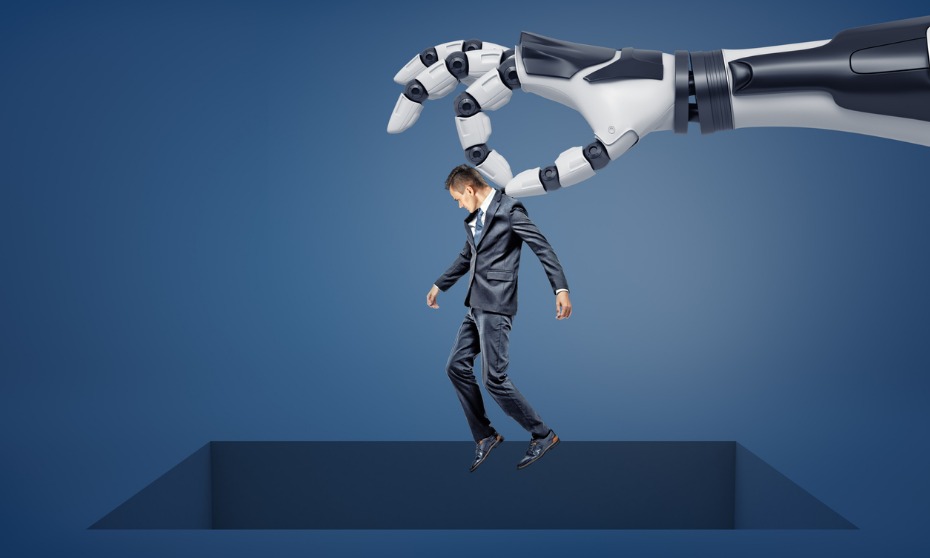
Singaporeans are generally optimistic about AI and automation – save this

Employees in Singapore have expressed concerns about how AI and automation could affect their job prospects, found a new study.
Overall, most employees perceive automation and AI positively, and welcome innovation in the workplace.
Despite this, many remain in fear that robots would eventually take over their jobs.
The rise of automation and AI brings with it the promise of improved work productivity, reduced costs and new job roles for employees – most Singaporeans understand these as well, according to PERSOLKELLY.
More than two-thirds (71%) of employees believe that automation and AI will increase their work efficiency, and an equal number trust that these technological advancements will make their jobs easier.
Additionally, more than half (57%) are certain that AI and automation is needed in their company, and a similar number (58%) believe that it will also help to increase their company’s bottom line.
However, some employees are worried about how automated processes and AI programmes could affect their jobs in the near future.
One third (35%) of respondents say that automation and AI will be superior to humans when it comes to making complex decisions – displaying less confidence in human competence over machines. Another 38% also believe that automation and AI will eventually take over their jobs.
READ MORE: Future of work: Employees terrified of this new trend
“Singapore is committed to making itself the AI pioneer and smartest nation globally,” Foo See Yang, managing director and country head, Singapore at Kelly Services told HRD.
“Backed by government support and the need for businesses to remain competitive, automation and AI has permeated most industries.
“Companies need to acknowledge these perceptions and identify ways to implement automated processes or AI programmes effectively at the workplace.
“In addition, improving employee confidence in the digitised future should also be a key focus, as this will help enable a more productive work environment.”